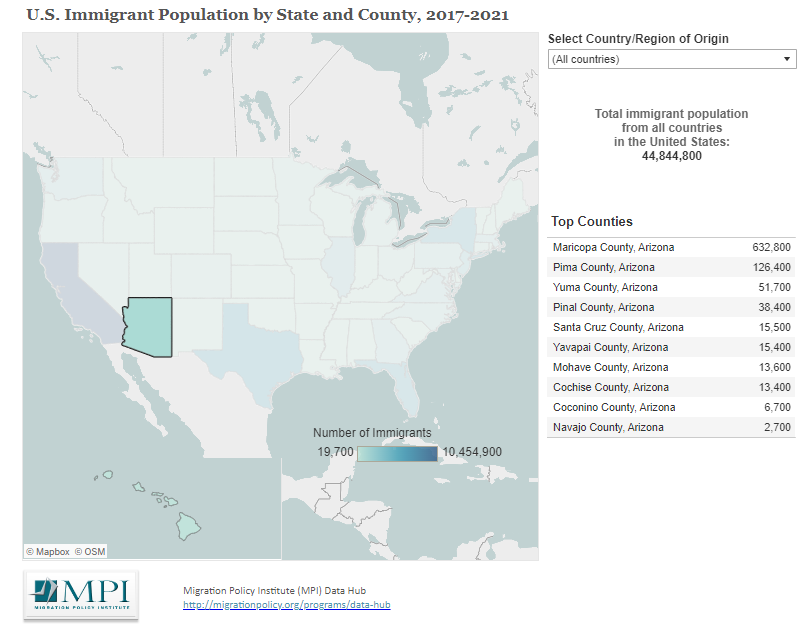Phoenix launches a Citywide food drive to assist residents experiencing food insecurity during the holidays.
Information about Immigrants & Refugees

People move across borders for better opportunities or safety.
- Migrants relocate voluntarily for economic or personal reasons.
- Internally Displaced People (IDPs) are forced to move within their own country due to war, disasters, or persecution (71.1 million globally).
- Refugees flee their home countries due to persecution based on identity, political beliefs, or conflict (31.64 million in 2023). Less than 1% are resettled in a third country.
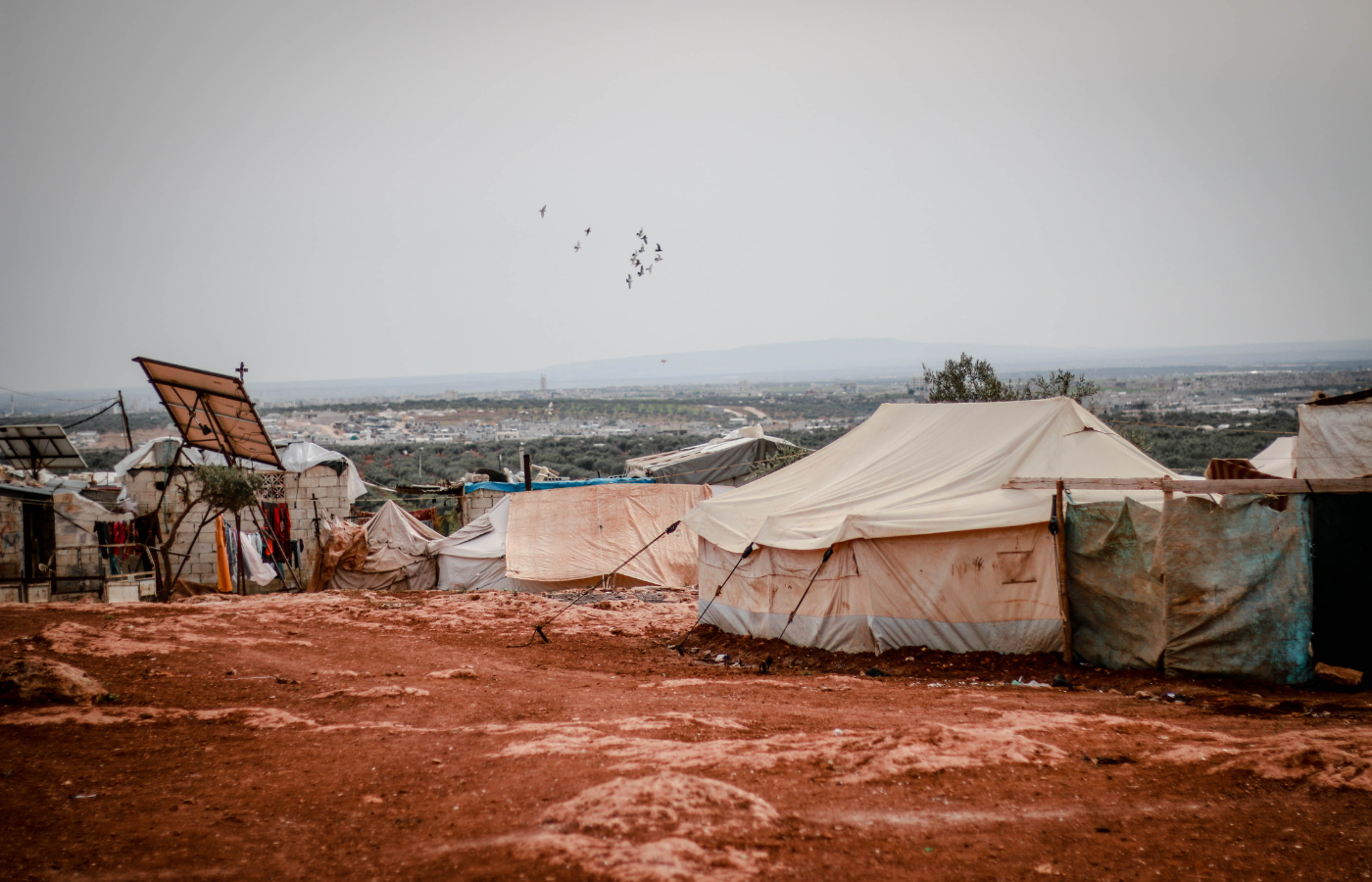
How Does Refugee Resettlement Work?
Refugees undergo extensive medical, security, and cultural screenings before resettlement. The U.S. President sets an annual refugee ceiling, and agencies like the Department of State and Office of Refugee Resettlement oversee placements. Ten national organizations, including those in Phoenix, assist with integration and support.
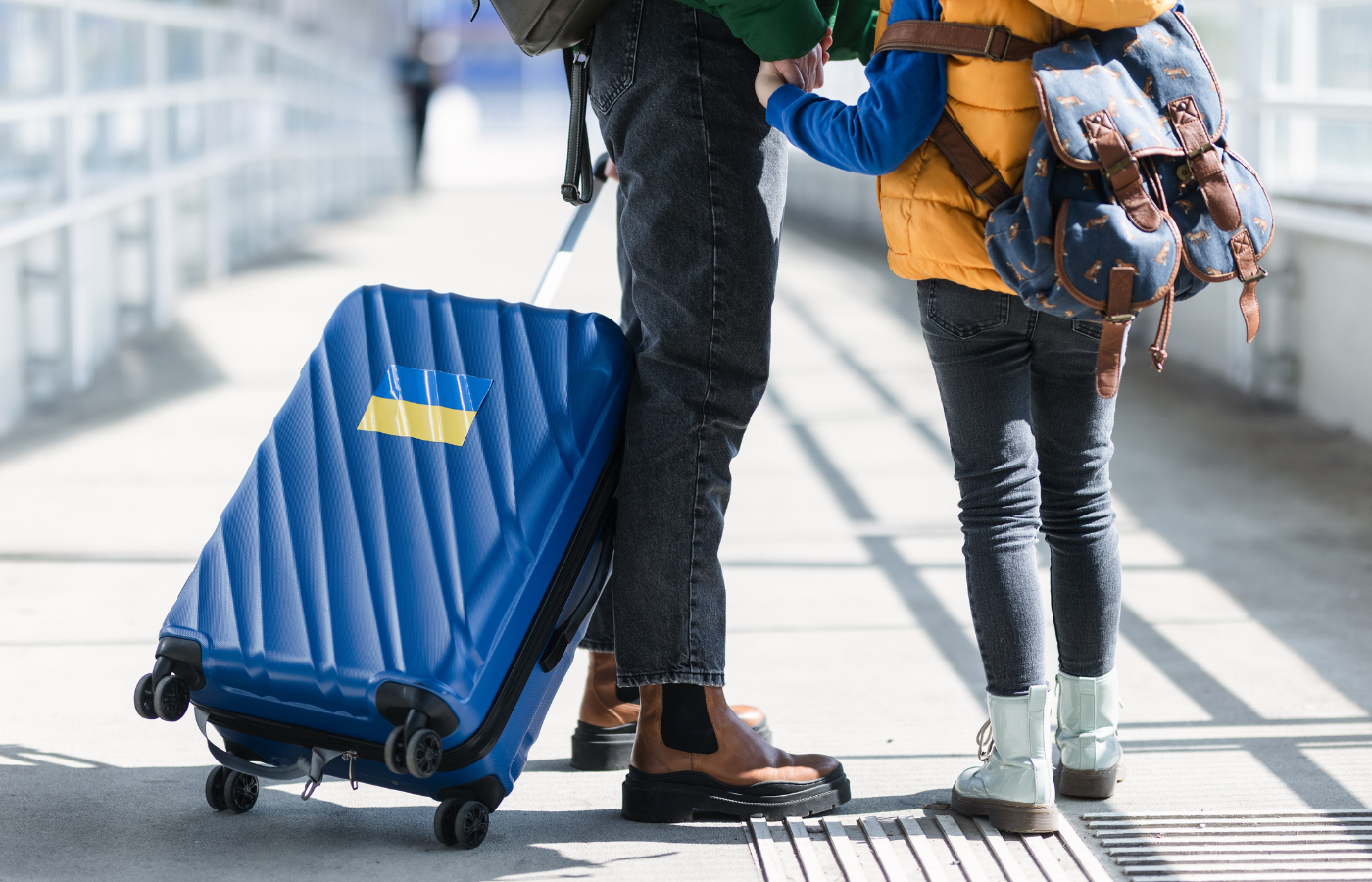
Arizona’s Role in Resettlement
Since 1980, Arizona has welcomed over 108,000 refugees, ranking among the top five states. Phoenix hosts four resettlement agencies:
- International Rescue Committee (IRC)
- Arizona Immigrant Refugee Services (AIRS)
- Catholic Charities (CC)
- Lutheran Social Services of the Southwest (LSS-SW)
These agencies, monitored by the Arizona Refugee Resettlement Program (RRP), help refugees become self-sufficient through employment support, public transportation, education, and health literacy programs.
Asylum seekers arrive independently, fleeing persecution but without official refugee status. They rely on non-profits and community groups like the IRC Welcome Center for short-term support while awaiting legal proceedings.
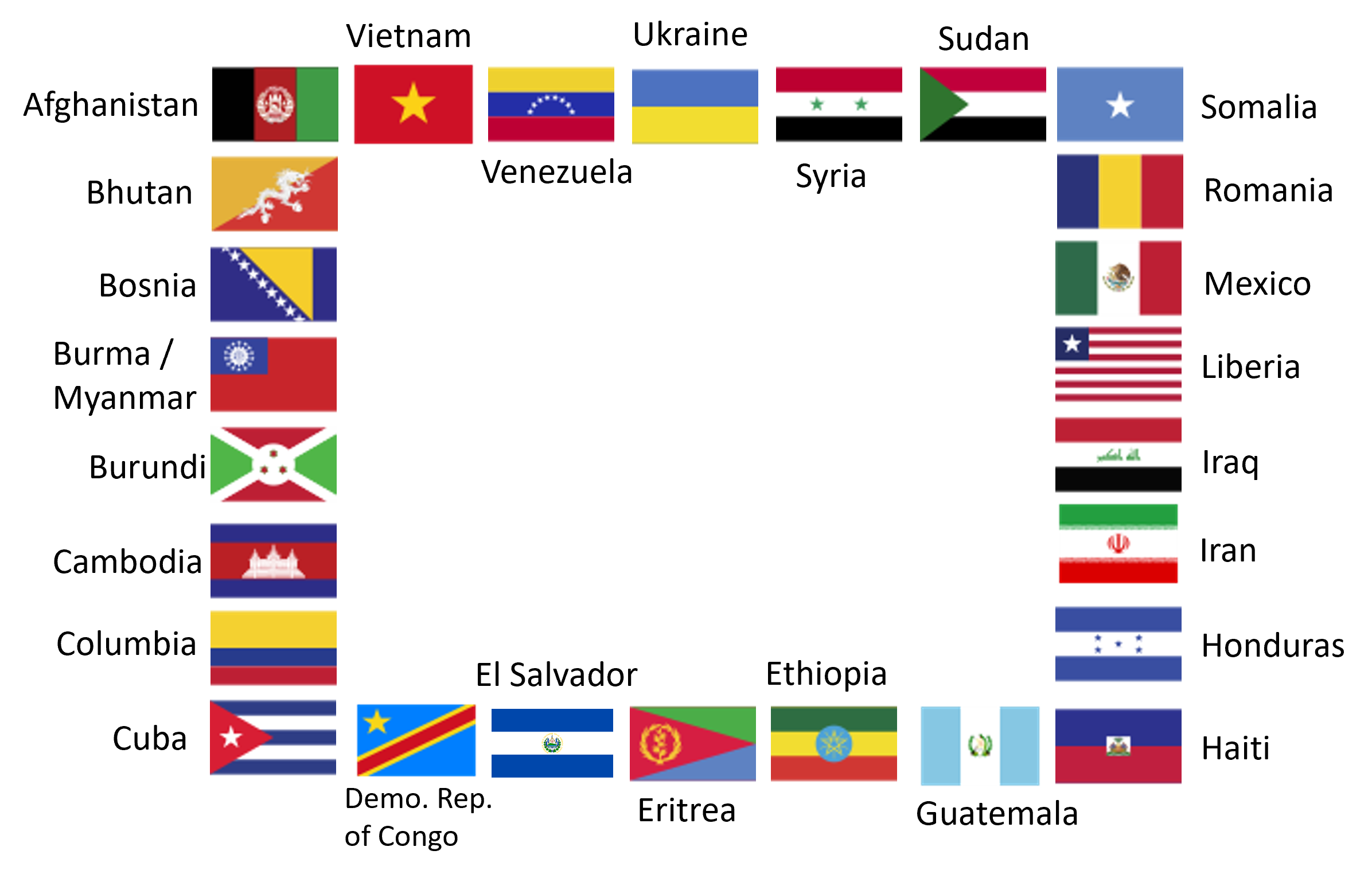
Phoenix values its diverse immigrant and refugee communities. While resettled individuals may move for family or job opportunities, local agencies assist in long-term integration and success.
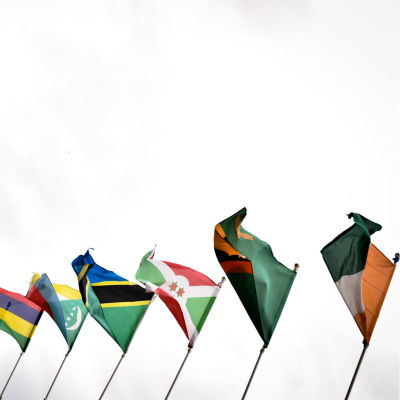
“Phoenix is the fastest growing city in the United States, and refugees have been integral to us becoming a stronger, more diverse community. I'm proud that we are a city known for our warm welcome, and we will continue to work diligently with local and state partners to provide refugees the support they need to settle into their lives and find success in our community," said Phoenix Mayor Kate Gallego.
